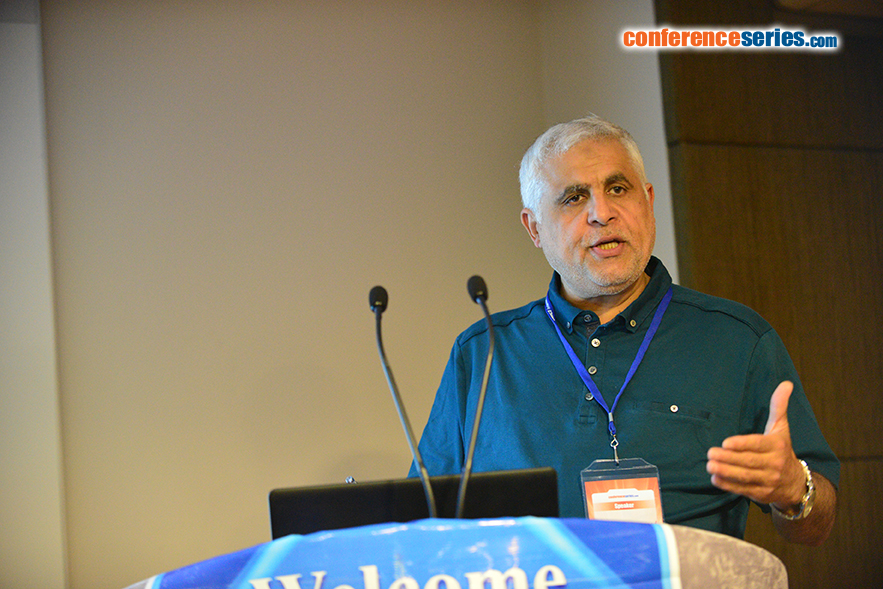
Ahmed Alluwaimi
King Faisal University
Saudi Arabia
Title: The CD markers of the camel (Camelus dromedarius) mammary glands in health and disease
Biography
Biography: Ahmed Alluwaimi
Abstract
Dromedary camel (Camelus dromedarius) is one of the highly valuable domestic animals in Saudi Arabia. Camel is multipurpose animal that can be used for meat, milk and wool production. Lymphocyte trafficking to the mammary glands is under the influence of the adhesion molecules (AM). Expression of the AM such as selectins, for e.g., CD62L and integrins, like mucosal address in cell-adhesion molecule-1 (MAdCAM-1) dictate the type of the recruited cells and their homing destination. Therefore, AM expression is vital in determining the mammary glands cellular populations in health and disease. The nature of the immune responses in the camel mammary glands is not understood completely. There are very few studies on the cellular populations of the camel mammary glands and the lymphocytes trafficking in health and disease. Our studies on the expression and distribution of CD markers and the adhesion molecules, in the alveolar tissues, supra-mammary lymph nodes, Peyer's patches and mesenteric lymph node of the healthy camels were explored at lactating and lactating period indicated that CD8+ T-cells were detected in both mammary alveolar tissues and the supra-mammary lymph nodes with the highest expression observed in the lactating period. WC+1+ expression on ï§ï¤ cells were evident in mammary tissues and supra-mammary lymph nodes at both stages. MAdCAM-1 was detected in almost all the tissues at the two physiological stages in which high expression was evident in the non-lactating period. Flow cytometry study of the camel milk cellular population at mid lactation has detected the high expression of CD3+, CD8+, WC+1+ and LPAM-1. The expression of the LPAM-1 on the lymphocytes and the intensive expression of the MAdCAM-1 in the camel mammary glands tissues have provided further support to the notion that the lymphocytes trafficking to the camel mammary glands could be of mucosal nature. Camel milk cells from Gram-positive and Gram-negative infected camels were examined with flow cytometry using cross-reacting antibodies like, anti-CD4+, CD8+, WC+1+ï§ï¤, CD62L, CD11a+/CD18, LPAM-1 and CXCR2. The mean percentage of the expressed CD markers has shown that CD62L, CXCR-2, LPAM-1, CD11a/CD18, CD8+, IL-6R and CD20+ were expressed in significant differences in either type of the infection. The LPAM-1 expression has provided further support to the notion that the lymphocyte trafficking is of the mucosal nature. The mucosal origin of cellular trafficking has important implications on the vaccine design and therapeutical approaches to mastitis.



